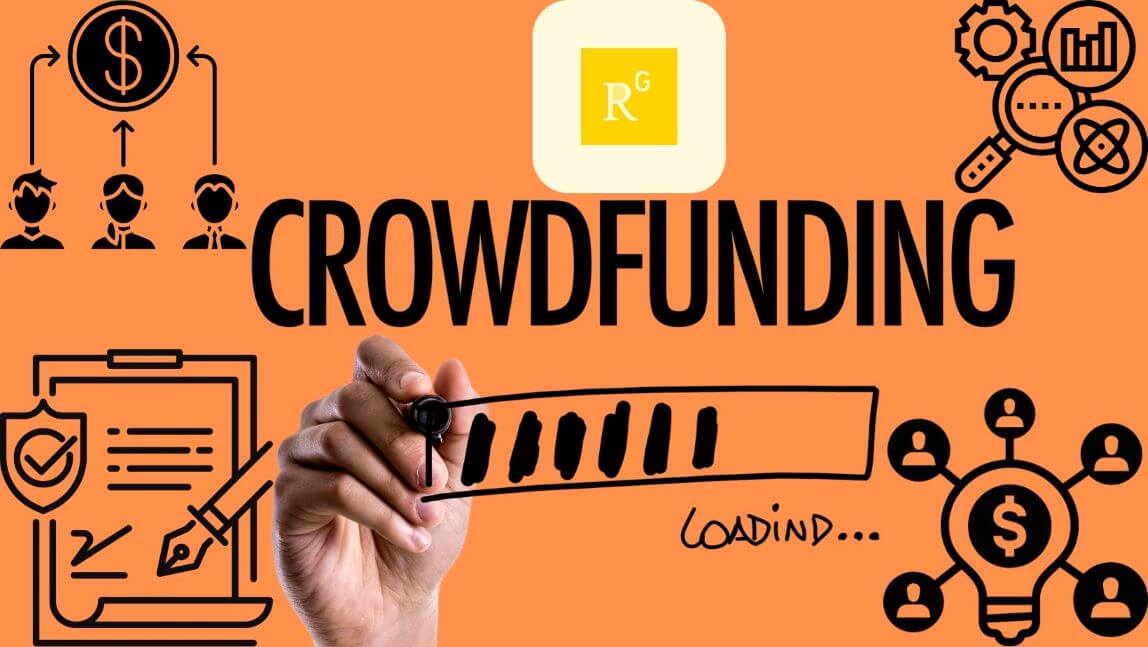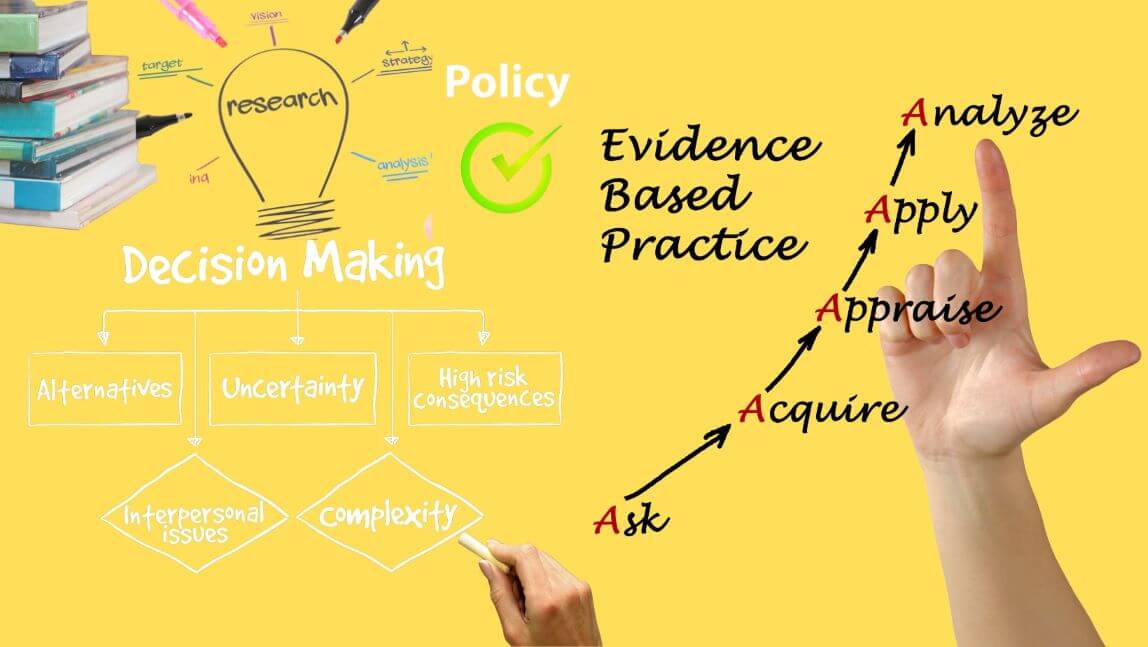Lobbying for public policy research can be a powerful way to influence policy decisions and ensure that evidence-based research informs policymaking. However, effective lobbying requires a strategic approach that maximizes impact and ensures that key decision-makers know the importance of public policy research. This guide will provide strategies and tips for effective lobbying for public policy research.
Understand the Policymaking Process
To lobby effectively for public policy research, it is essential to understand the policymaking process. This includes identifying key decision-makers and understanding their priorities and interests. It is also necessary to understand the legislative process, including the critical stages of a bill or policy proposal and where lobbying efforts can be most effective.
Identify Key Stakeholders
Identifying key stakeholders is an essential part of effective lobbying. This includes identifying policymakers, advocacy groups, and other stakeholders with a vested interest in the issue. It is vital to develop relationships with these stakeholders and ensure they know the importance of public policy research.
Develop a Compelling Message
Developing a compelling message is critical for effective lobbying. This includes articulating the importance of public policy research and how it can inform policymaking to promote better outcomes. It is important to develop messaging that resonates with decision-makers and emphasizes the potential impact of public policy research on the issues they care about.
Utilize Different Lobbying Tactics
Effective lobbying requires a range of tactics, including direct lobbying, grassroots advocacy, and coalition building. Direct lobbying involves engaging directly with decision-makers to advocate for public policy research. Grassroots advocacy involves mobilizing constituents for research, while coalition building involves building partnerships with other organizations to advocate for shared goals.
Stay Informed and Engaged
Finally, it is important to stay informed and engaged on issues related to public policy research. This includes staying up-to-date with the latest research findings and understanding how they can inform policy decisions. Monitoring legislative and policy developments and engaging in ongoing advocacy efforts is essential to ensure public policy research remains a priority.
Conclusion
Effective lobbying for public policy research requires a strategic approach that emphasizes critical messaging, stakeholder engagement, and a range of lobbying tactics. By understanding the policymaking process, identifying key stakeholders, and developing a compelling message, advocates can maximize their impact and ensure that public policy decisions are informed by evidence-based research.





